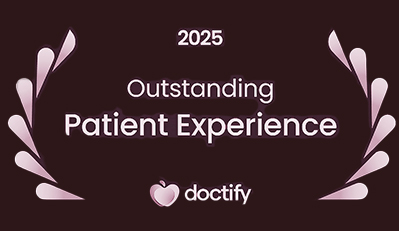
Are cataracts hereditary?
Cataracts are one of the leading causes of vision loss worldwide. They occur when the normally clear lens inside the eye becomes cloudy, scattering light and making it harder to see clearly.
Since cataracts are so common, many people wonder: are cataracts hereditary?
The answer is partly yes. While ageing is the main cause, family history and genetics can influence your risk. Let’s explore how heredity plays a role, along with other factors that contribute to cataract development.
What Causes Cataracts?
Most cataracts develop with age. Over time, the proteins in the natural lens of your eye break down and clump together, creating cloudy patches. This makes your vision blurrier and less vibrant.
Other causes and risk factors include:
- Ageing – the single biggest factor
- Smoking – increases the risk
- Diabetes – can lead to earlier cataracts
- Prolonged UV exposure – from sunlight or tanning beds
- Eye injuries or trauma
- Long-term use of steroids
How genetics influence cataracts
Research has shown that cataracts can run in families. If your parents or grandparents developed cataracts, especially earlier than average, you may be more likely to get them too.
Scientists have identified genetic variations that make some people more vulnerable to lens changes. These genes can affect how the lens reacts to stress, sunlight, and natural ageing.
Are cataracts always hereditary?
No. Even if cataracts run in your family, it doesn’t guarantee you will get them. And even if you have no family history, you can still develop cataracts later in life. Most people over 60 will experience some lens clouding simply due to ageing.
Congenital and childhood cataracts
In rare cases, babies are born with cataracts. These are called congenital cataracts. They may be hereditary, linked to genetic changes, or caused by conditions during pregnancy. Childhood cataracts are uncommon but highlight that heredity can play a role.
What about early-onset cataracts?
While most cataracts develop after 60, some people experience them in their 40s or 50s. In many cases, this is due to genetics combined with lifestyle factors. If close family members had early cataracts, you may be more likely to experience the same.
How to reduce your risk
You can’t change your genes, but you can reduce other risks by:
- Wearing UV-protective sunglasses outdoors
- Stopping smoking
- Eating a healthy diet rich in antioxidants
- Managing conditions like diabetes
- Having regular eye exams.
When should you see a specialist?
If you have a family history of cataracts and notice blurred vision, glare, faded colours, or difficulty driving at night, it’s worth booking an eye assessment. Cataracts don’t go away on their own, but surgery is a safe and effective treatment.
The bottom line
Cataracts are not always hereditary, but family history can increase your chances of developing them, especially earlier in life. Even so, cataracts are treatable, and modern surgery can restore your vision with excellent results.
Concerned about cataracts? Take our free self-test today to find out if you may be suitable for treatment.
Find out if you are suitable for vision correction
Not everyone is eligible for vision correction surgery.
Find out if you could benefit from this life changing surgery by taking the quick self-suitability quiz below:




